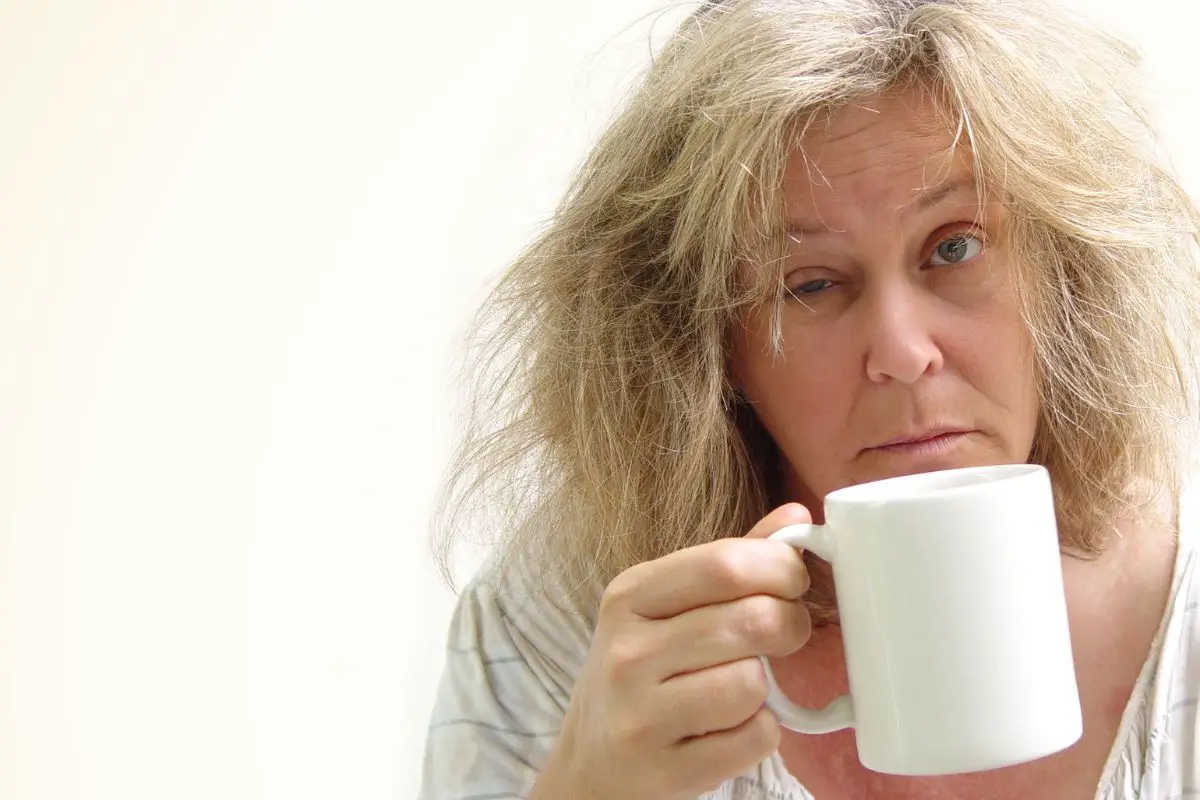Drinking the recommended amount of coffee, about four cups per day, offers numerous health benefits. Among these benefits, you get a quick caffeine boost. Also, coffee is rich in antioxidants that reduce your risk of heart disease, Alzheimer’s disease, and helps prolong your life.

Unfortunately, that tasty morning cup of coffee can bring about certain health issues. For instance, coffee can give you jitters. Jitters is a term that refers to extreme nervousness and unsteadiness. In this article, we will show you how to stop shaking after drinking coffee. Here are the tips to consider.
1. Stay Hydrated
One of the best ways to reduce jitters resulting from caffeine in coffee is by staying well hydrated. If you fail to drink enough water after taking coffee, you will become dehydrated. Consequently, you will experience symptoms such as decreased urination, fatigue, headaches, and dizziness. Also, you may crave for more sugar.
In case you are already experiencing these symptoms a day before, you may feel more anxious and jittery the next day you drink coffee. You may experience these symptoms to a greater extent if you take other caffeinated drinks for the rest of the day. Preferably, drink coffee in the morning and water during the rest of the day to keep your body well hydrated. That way, your body will have less caffeine concentration, hence stop shaking after consuming coffee.
2. Try Mindfulness Meditation Techniques
Some people take a walk in the morning to help calm down their nervous system. However, if that fails to work, you can try mindfulness meditation exercises. For instance, after taking coffee in the morning, find a quiet space in your home or sit outside to unwind. Practicing simple mindfulness techniques such as sitting comfortably in a quiet place and paying special to how your body feels can help you relax.
Try feeling yourself as you breathe in and out. Avoid judging yourself just in case your mind wanders or feel worried about the events of the day. Instead, allow your mind to focus on the present. If you are not able to do try this practices on your own, get some guidance from meditation apps. Alternatively, try light yoga. Regardless of the technique you choose, you will feel calmer and relieved from the jitters associated with caffeine.
3. Reduce Your Coffee Intake
Many coffee lovers drink about four cups of coffee daily, which is about 400mg of caffeine, without experiencing any side effects. Unfortunately, some people experience serious side effects even after taking a cup of coffee. The reasons why caffeine tolerance varies between different people include how well the liver processes caffeine, age, and weight.
Coffee connoisseurs may find it difficult to reduce their caffeine intake. If you are used to taking 3 to 4 cups of coffee every morning, you should start by reducing your consumption gradually. For instance, if you take 3 cups, reduce your consumption to 2 cups. Eventually, reduce your coffee intake to 1 cup.
Alternatively, try caffeinated drinks that contain a lower amount of caffeine such as green tea or black tea. That way, you will feel energized with reduced jitters. If you must drink coffee, switch to decaf to avoid shaking.
4. Take Healthy Meals
Many people drink coffee first thing in the morning. However, what you might not know is that consuming coffee on an empty stomach may increase your body’s caffeine sensitivity. As a result, you will develop caffeine jitters. Also, it can cause a spike in your blood sugar level.
Additionally, coffee is acidic. Thus, it increases stomach acidity, thereby making you more susceptible to developing heartburn and gastric reflux symptoms. Long-term effects of increased stomach acidity can cause inflammation in your stomach and esophagus.
The best way to avoid these problems is to avoid drinking coffee on an empty stomach. Preferably, eat a healthy breakfast before drinking coffee. You can take avocado and egg toast or oatmeal before taking your favorite morning cup of coffee. The meal will help balance your stomach’s acidity. That way, you will not experience jitters and acidity issues after drinking coffee.
5. Take a Walk
Taking a walk every morning can help boost your mood. While many people take coffee to boost their mood, it can leave them with jitters. However, try to replace coffee with daily morning walks. Research shows that walking for at least 10 minutes daily can boost your spirits.
Also, walking reduces the risk of developing chronic disease. Additionally, it helps you burn unwanted calories. Besides, walking can stimulate your digestive system and reduce caffeine jitters. Overall, walking will make you less likely to feel the side effects associated with coffee and give you a balanced energy boost to keep you going throughout the day.
6. Take L-Theanine
L-theanine is a naturally-occurring amino acid mainly found in green tea and mushrooms. It offers numerous health benefits including stress relief, reducing anxiety, lowering blood pressure in hypertensive patients, and improving immunity.
Taking L-theanine before bed can make your sleep more restful. If you take L-theanine in the morning, expect enhanced relaxation. If you pair coffee with L-theanine, you will experience increased attention and focus for the rest of the day.
7. Only Use Natural and Healthy Additives in Your Coffee
Adding artificial sweeteners and sugars to your coffee can increase jitteriness. Also, the sugars can cause inflammation in your body. As a result, you may feel excessively fatigued after your insulin levels go up to process the sugars. Instead, use natural sweeteners such as honey or stevia.
Now that you have learnt how to stop shaking after drinking coffee, you can enjoy your coffee with peace of mind knowing that you will not experience jitters. However, if you continue experiencing jitters after drinking coffee and observing the aforementioned tips, it is time to say goodbye to coffee. In that case, try decaf coffee and caffeine-free teas.